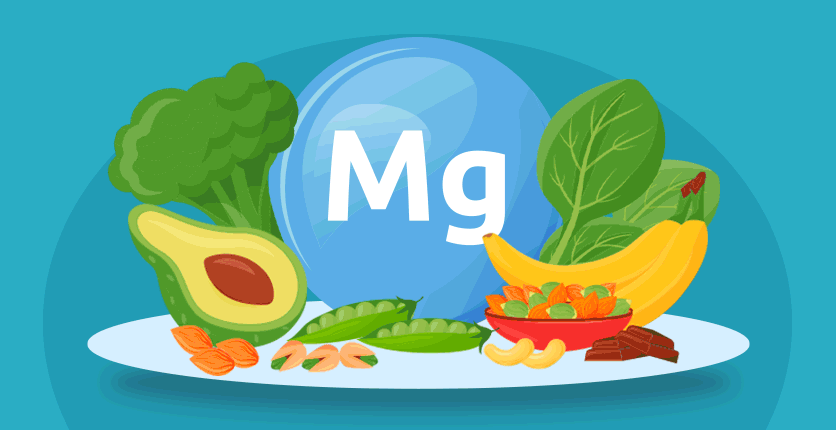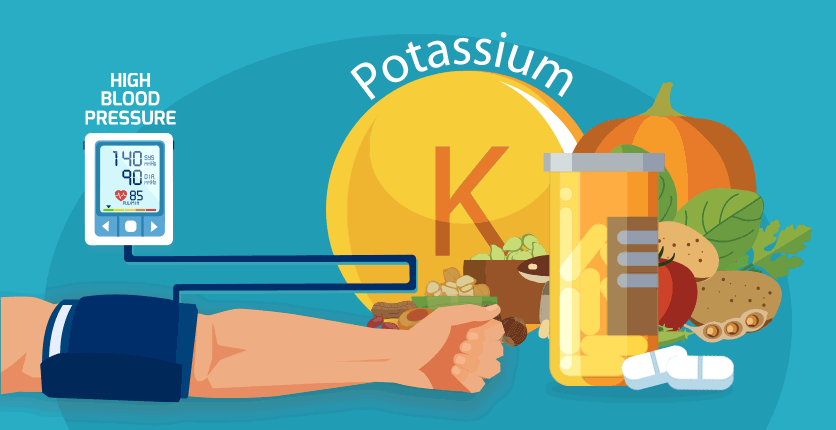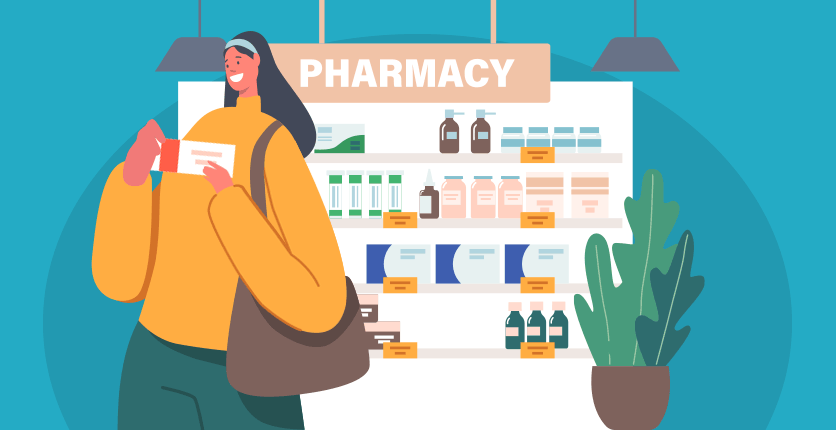Many of us consume dietary supplements every day, but how can we tell if they’re helping or harming us? And, do we even need to take them if we’re healthy and eat well?
We asked Tiffany Wee from Mind Body Shine, and Chi Tree Health’s Alicia Davenport, both naturopaths and nutritionists, to answer some questions about supplements, from the dangers of overdosing and long-term use to how to select a high-quality product.

Q: Can the average person benefit from taking dietary supplements?
Alicia: Generally, supplements aren’t necessary if you consume a balanced diet, because ideally, you should be able to get all your nutrients from your food.
By definition, a balanced diet is one that supplies all the necessary macro and micro nutrients in adequate amounts, for optimum nutrition and wellbeing. The problem, though, is that most people follow the standard Western diet, which is not considered balanced. In fact, this way of eating is linked to various chronic conditions including type 2 diabetes, auto-immune diseases, osteoporosis and cancer.
Even if your diet is healthy, a combination of other factors – such as exposure to environmental toxins, depleted soils, imported food and the way it’s stored, for example – make it virtually impossible to get all the vitamins and minerals you need solely from food.
It used to be widely accepted in the medical community that you could get all your nutrients from food alone, but this is changing, with many doctors now prescribing dietary supplements.

Q: Who should consider taking dietary supplements?
Alicia: Inadequate intake of vitamins is associated with chronic disease, and therefore, using dietary supplements in the pre-stages of illness and disease in particular can help the body regain equilibrium. This approach requires therapeutic supplementation, where targeted nutrients are recommended for a specific purpose for a specific period of time. Even when using therapeutic supplementation, a healthy diet is essential for overall treatment success.
Certain nutrients, like vitamin D and magnesium, can be extremely difficult to obtain even through a healthy diet. Supplementing with these nutrients long-term is often required. Other nutrients that fall into this category depend on your diet and health needs. These commonly include iodine, zinc, selenium, and vitamins A, B12 and C.
Tiffany: Vegans, vegetarians, and people who don’t follow a healthy organic diet or who eat a lot of processed foods, may benefit from dietary supplements. Children, too, as they need a variety of nutrients to help with their development.
Support your immune system with Vitamin C supplements from QN Wellness and Nature’s Farm – there are special deals to commemorate NS55. Simply flash your NS55 credits balance in the LifeSG app to redeem your deals!
SAFRA members also enjoy additional perks like up to 50% discount; more info at www.safra.sg/membership/ns55-recognition-package-singapore/ns55-deals/additional-deals-for-safra-members

Q: If we want to start taking supplements, what do you suggest we get?
Tiffany: At the very least, I’d recommend investing in a basic multivitamin, probiotics, an antioxidant formula, and an omega-3 fatty acid. But it’s best to get advice from a nutritionist or naturopath first – they’ll look at your health history and give you recommendations based on what you need.

Q: Are some supplements dangerous if taken in high doses or for an extended period?
Alicia: While the majority of supplements are safely consumed daily, some – even natural ones – can cause negative side effects if taken in high doses or over the long term. You also need to be careful if you consume supplements on top of prescription medications, as drug interactions may occur.
Fat-soluble vitamins like vitamins A, E and K are stored in fatty tissue, and are therefore easier to overdo in the long term. We don’t typically see overdoses of Vitamin D, another fat-soluble vitamin, as the majority of people are deficient in this vitamin.
Zinc is another nutrient to be careful of if you consume it in high doses or for an extended period. Zinc can cause a copper deficiency and taste disturbances and may interact with some medications and antibiotics.
Tiffany: Sometimes it’s not the toxicity of the ingredients that’s an issue, but their form. For instance, many women take calcium to prevent osteoporosis, but there are many forms of calcium available and they’re not all well absorbed by the body. Take calcium carbonate – the absorption rate could be as low as 15 per cent, which means that the rest remains in the body, where it may contribute to problems like cataracts, bone spurs, kidney stones, gallstones, and calcification of the arteries.

Q: Can some supplements cause a negative reaction if consumed with certain foods, other supplements or prescription medications?
Alicia: It’s a good idea to check with your medical practitioner before starting on any new supplements. Supplements can cause negative reactions when consumed with certain medications. Here are some to watch out for:
- Potassium is not recommended to consume with high blood pressure medication.
- Vitamins E and K may increase your risk for bleeding when taken in combination with blood-thinning medications such as Warfarin.
- The herb, St. John’s Wort, can make certain medications, such as those for HIV, cancer and depression, less effective.
- Some supplements can react with medicines used after surgery or may increase the risk of bleeding after surgery, such as Vitamins E and K. It’s always recommended to stop any supplements prior to surgery.
Q: What should we look for when purchasing supplements?
Alicia: Care should be taken when looking for quality supplements. The issue with over-the-counter products is there can be a big difference in quality.
Here are some selection tips:
- The supplements shouldn’t contain additives, colours, fillers or allergens.
- Check the form of the nutrients included in the supplement. The form of nutrient used can sometimes be a cheaper alternative that is poorly absorbed by the body.
- Look for brands that follow good manufacturing standards for quality products that are safe to take. For instance, is the fish oil tested for heavy metals or mercury levels?
- The product clearly labels the ingredient/s you are taking. Especially for herbs, it’s important to understand what part of the plant you’re consuming.
- The company has researched the efficiency and safety of their supplement.
Looking to supplement your diet and improve your well-being ? SAFRA members enjoy discounts at GNC and Holland & Barrett; more info at www.safra.sg/promotions/GNC and www.safra.sg/promotions/safra-and-servicemen-11b/holland-barrett
Note: Please consult your doctor or nutritionist before taking any supplements.
Want more health articles like this, and other lifestyle content right in your inbox? Sign up for the eNSman Newsletter – you don’t need to be a SAFRA member to subscribe – and never miss another story!








